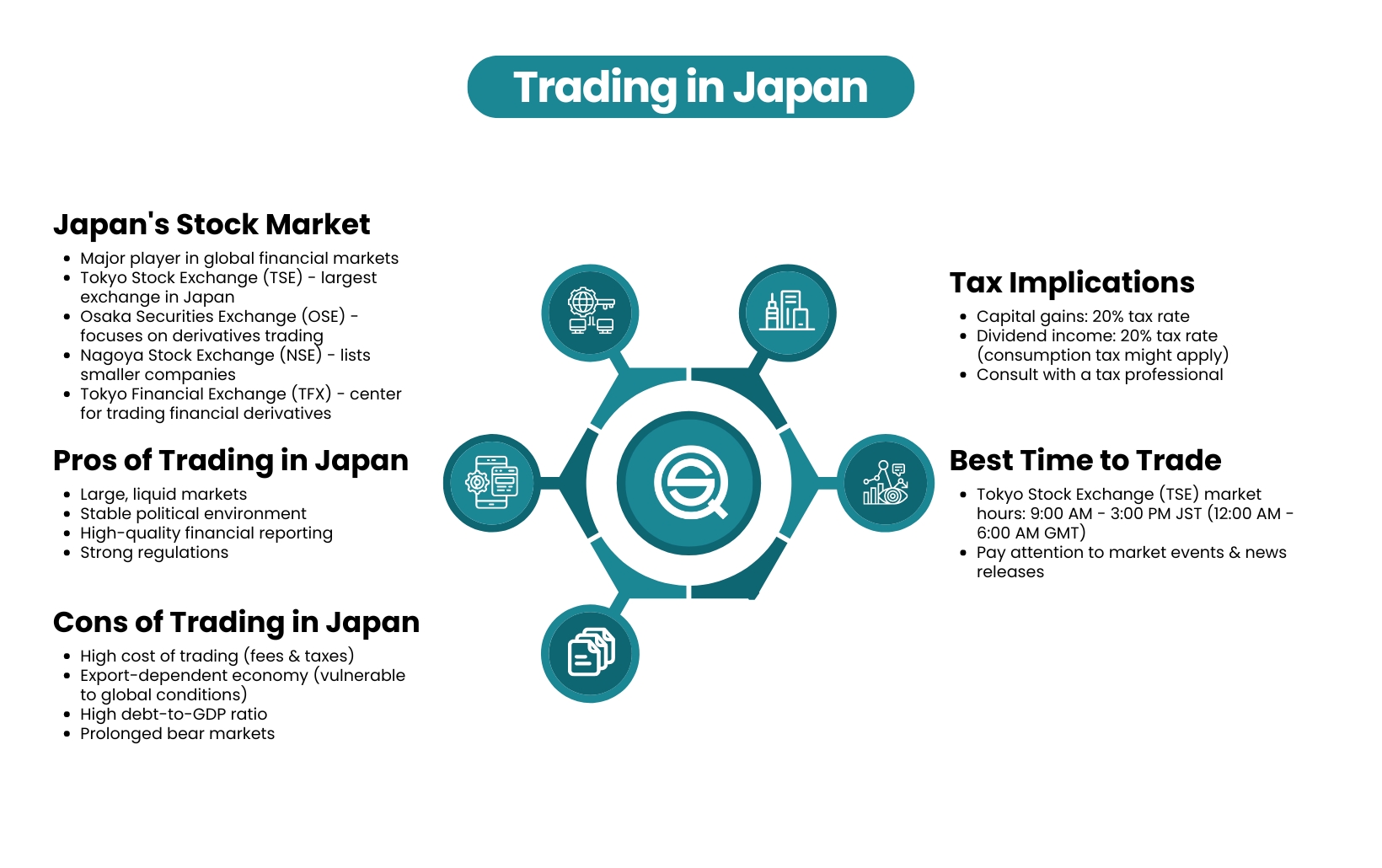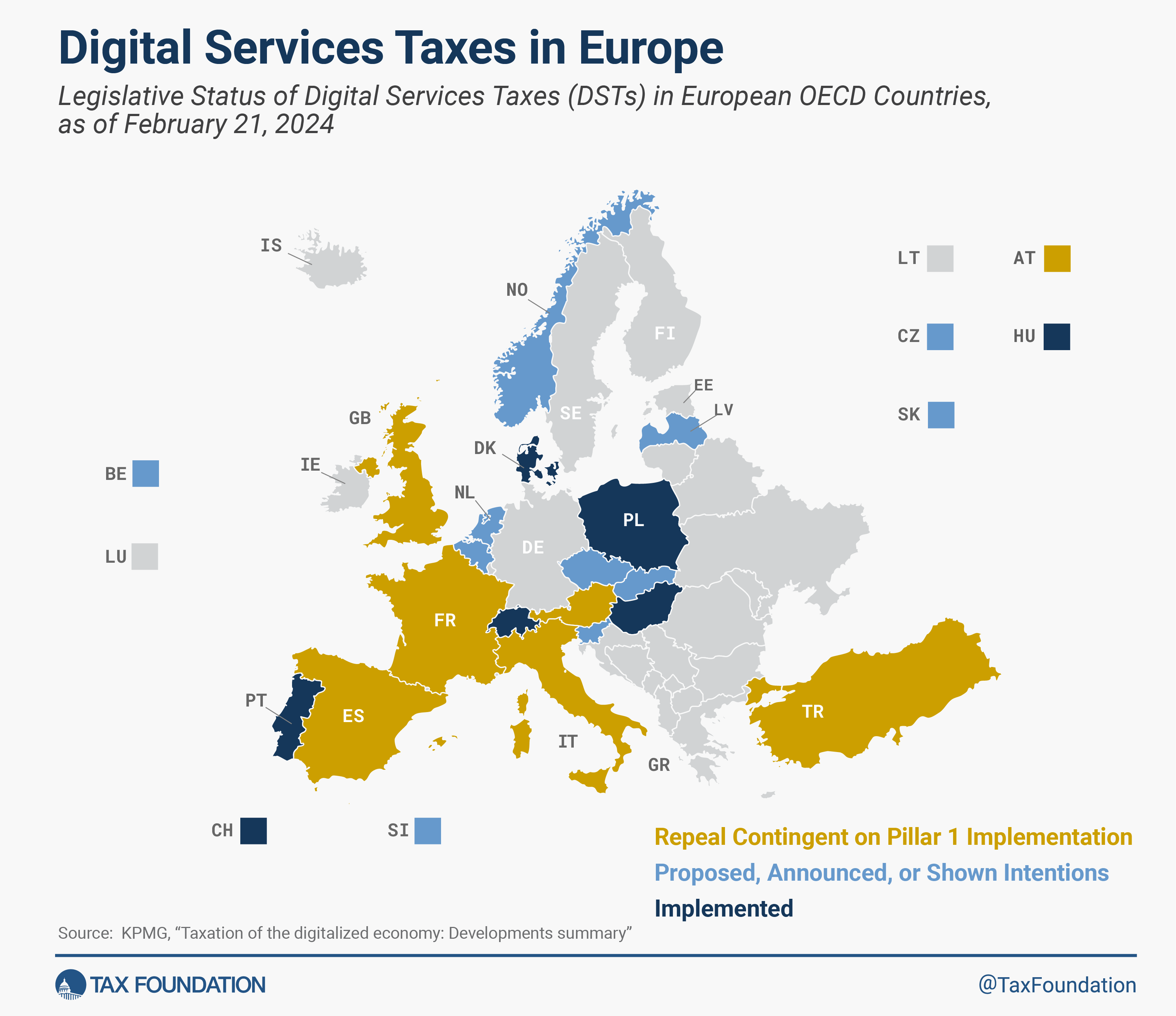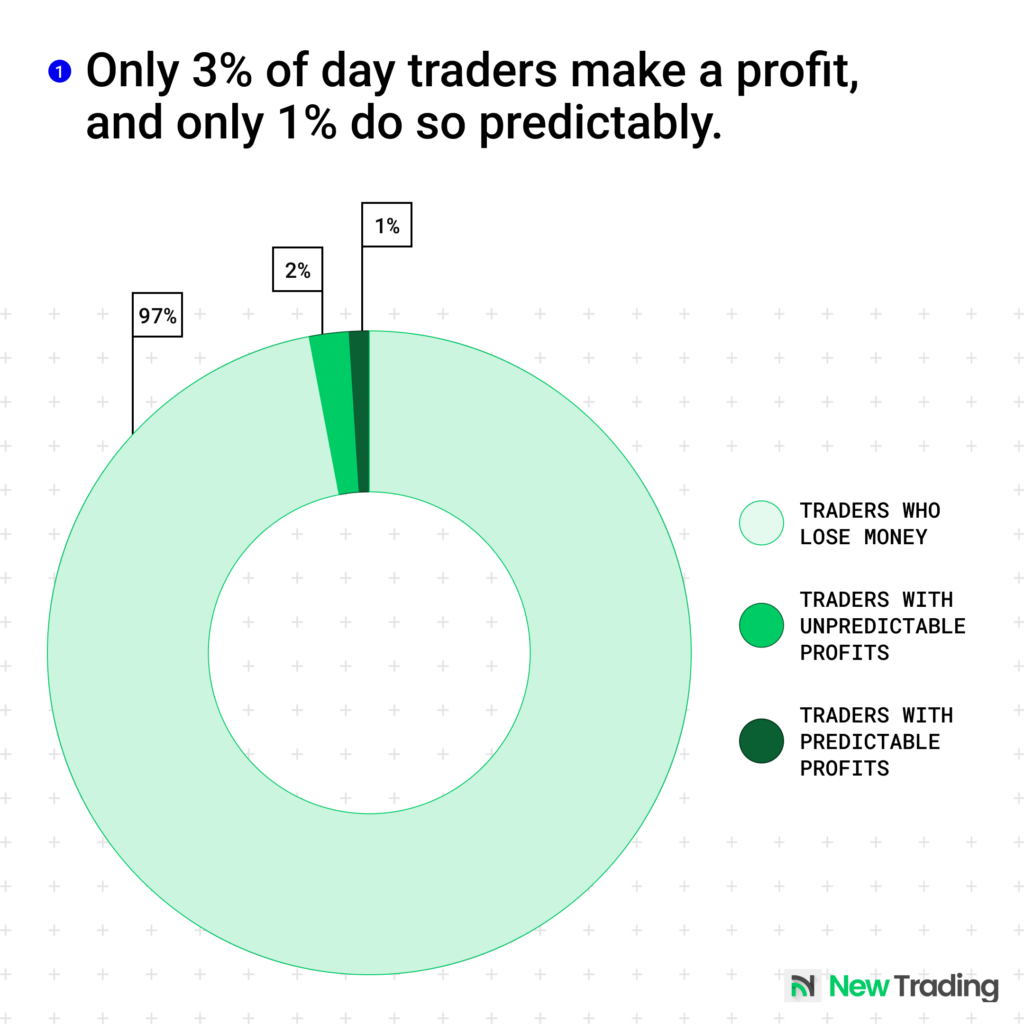Did you know that in some countries, day trading can be taxed at rates so high, they’d make even a seasoned trader’s palms sweat? In this article, we break down the tax implications of day trading across various countries, revealing critical insights for traders everywhere. Discover the tax rules for day trading in the US, UK, Canada, Australia, Germany, Japan, India, France, and South Africa, along with the impact of VAT in the EU. We also explore how tax authorities differentiate between business and investment activities, the effects of tax treaties, and essential reporting requirements. With this comprehensive guide from DayTradingBusiness, you'll navigate the complex world of trading taxes like a pro.
What are the tax rules for day trading in the US?
In the US, day trading profits are taxed as either short-term capital gains, taxed at your ordinary income rate, or as business income if IRS considers you a trader. You must report gains and losses on Schedule D and Form 8949. If classified as a trader, you can deduct expenses and potentially avoid the wash sale rule. Otherwise, losses offset gains, but restrictions apply. Keep detailed records of trades, as the IRS scrutinizes active trading activity.
How is day trading taxed in the UK?
In the UK, day trading is taxed as either income tax or capital gains tax, depending on whether you're considered a trader or investor. If HMRC views your trading as a business, profits are taxed as income, with income tax rates applying. If deemed an investor, profits from trading are subject to capital gains tax, with annual exemptions and rates up to 20%. HMRC assesses factors like frequency, intention, and level of activity to determine your trading status.
Do traders pay capital gains tax on day trading in Canada?
Yes, in Canada, traders pay capital gains tax on profits from day trading if they’re considered investors. However, if day trading is your primary business activity, the Canada Revenue Agency may classify it as business income, which is taxed at your full income rate rather than as capital gains.
What are the tax rates for day traders in Australia?
In Australia, day traders pay income tax on profits at their marginal tax rates, which range from 0% to 45%, depending on income. If trading is considered a business, profits are taxed as ordinary income, and traders may also be liable for the Medicare levy.
How are day trading profits taxed in Germany?
In Germany, day trading profits are taxed as private income under income tax laws. If you trade frequently and profit regularly, the earnings are considered commercial activity and taxed as business income. Short-term capital gains from day trading are taxed at your personal income tax rate, which can be up to 45%, plus solidarity surcharge and church tax if applicable. You must declare these profits in your annual tax return, and losses can offset gains. Keep detailed records of trades for accurate reporting.
Are day trading losses deductible in Japan?

Yes, in Japan, day trading losses are deductible if they are classified as business income. However, if trading is considered a hobby or investment activity, losses can't be deducted from other income.
What tax forms do day traders need in India?
In India, day traders need to file Income Tax Return (ITR) forms like ITR-3 or ITR-4, depending on their income source. They must report profit/loss from trading in stocks, derivatives, or intraday trading under capital gains or business income. No specific tax form is unique to day trading, but detailed transaction statements and profit-loss statements are essential for accurate reporting.
How does France tax day trading income?
France taxes day trading income as professional or non-professional income, depending on the trader’s activity level. If classified as a professional trader, income is taxed as industrial and commercial profits (BIC), subject to income tax and social contributions. Non-professional traders report gains under capital gains rules, taxed at a flat rate of 30% (flat tax), which includes income tax and social charges. The specific tax treatment depends on trading volume, frequency, and whether trading is your main activity.
Are there special tax considerations for day traders in South Africa?
Yes, in South Africa, day trading is generally considered a form of income tax, and profits are taxed as ordinary income if trading is frequent and for profit. The South African Revenue Service (SARS) views it as trading activity, meaning you pay tax on net gains at your marginal tax rate. However, if trading is sporadic and not seen as a business, profits might be classified as capital gains, taxed under capital gains tax (CGT). Proper record-keeping and clear intent are crucial to determine if trading is a business or investment for tax purposes.
What is the VAT or sales tax impact on day trading in the EU?

In the EU, VAT generally doesn’t apply to day trading stocks or financial instruments because these are considered financial services exempt from VAT. However, sales tax or other local taxes may affect trading profits, and capital gains taxes are usually applicable. Each country’s rules vary, so profits from day trading are often taxed as income or capital gains, not sales tax.
Learn about Tax Treatment of Day Trading Losses and Wash Sales
How do tax authorities treat day trading as a business versus investment?
Tax authorities treat day trading as a business if you trade frequently, with a profit motive, and organize your trades like a business—then you'll pay self-employment or business taxes. If you trade casually or as a hobby, it's considered an investment, and gains are taxed as capital gains or investment income. In the U.S., active traders may qualify for trader tax status, affecting tax treatment, while in other countries, classification depends on trading volume, intent, and organization.
Learn about How to Handle Foreign Day Trading Tax Regulations
Do day traders need to declare their trading activity differently in different countries?
Yes, each country has its own rules for declaring day trading income. Some treat it as regular income, others as capital gains. In the US, day trading is taxed as ordinary income or short-term capital gains. In the UK, it can be treated as trading income, subject to income tax. Australia considers it business income, taxed accordingly. Always check local tax laws; reporting requirements and rates vary.
Learn about Day Trading Patterns: What New Traders Need to Know
How do tax laws affect day trading strategies globally?
Tax laws shape day trading strategies by determining profitability, influencing trade frequency, and dictating reporting requirements. In some countries, capital gains taxes can eat into gains, pushing traders to consider tax-efficient strategies like holding periods to qualify for lower rates. Others impose high taxes or complex reporting rules, discouraging frequent trading or encouraging offshore accounts. Traders adapt by timing trades to optimize tax treatment, using tax-advantaged accounts, or shifting to countries with favorable tax policies. Overall, tax laws directly impact how aggressively traders pursue quick profits and how they structure their trading activities worldwide.
Learn about How Does Insider Trading Affect Day Traders?
What are the reporting requirements for international day traders?
International day traders must report all trading activity, including gains and losses, on their tax returns. They need to keep detailed records of trades, including dates, prices, and commissions. Depending on the country, they may have to file specific forms for foreign income or assets. Some countries require reporting of foreign bank accounts or brokerage accounts, such as FBAR in the US. Tax rates and reporting thresholds vary, so traders should consult local tax authorities or a tax professional familiar with international trading.
How do tax treaties influence day trading taxes across countries?
Tax treaties prevent double taxation on day trading profits by clarifying each country's taxing rights. They often reduce withholding taxes on cross-border income and specify which country taxes active trading gains. This means if you’re trading across borders, treaties can lower your tax burden or prevent you from paying taxes twice. For example, a trader in the U.S. with a treaty in place with Canada might pay less withholding tax on gains from Canadian securities. Overall, tax treaties streamline international trading by defining tax obligations and avoiding double taxation.
Learn about How Liquidity and Depth Influence Day Trading Decisions
Conclusion about Tax Implications of Day Trading in Different Countries

In summary, understanding the tax implications of day trading is crucial for traders operating in various countries. Each jurisdiction has unique rules regarding capital gains, losses, and reporting requirements that can significantly affect profitability. It's essential for day traders to stay informed about their local tax laws and consider how these regulations impact their trading strategies. For comprehensive insights and assistance navigating these complexities, DayTradingBusiness is here to help you optimize your trading experience while ensuring compliance with tax obligations.
Learn about Tax Implications of Day Trading ETFs